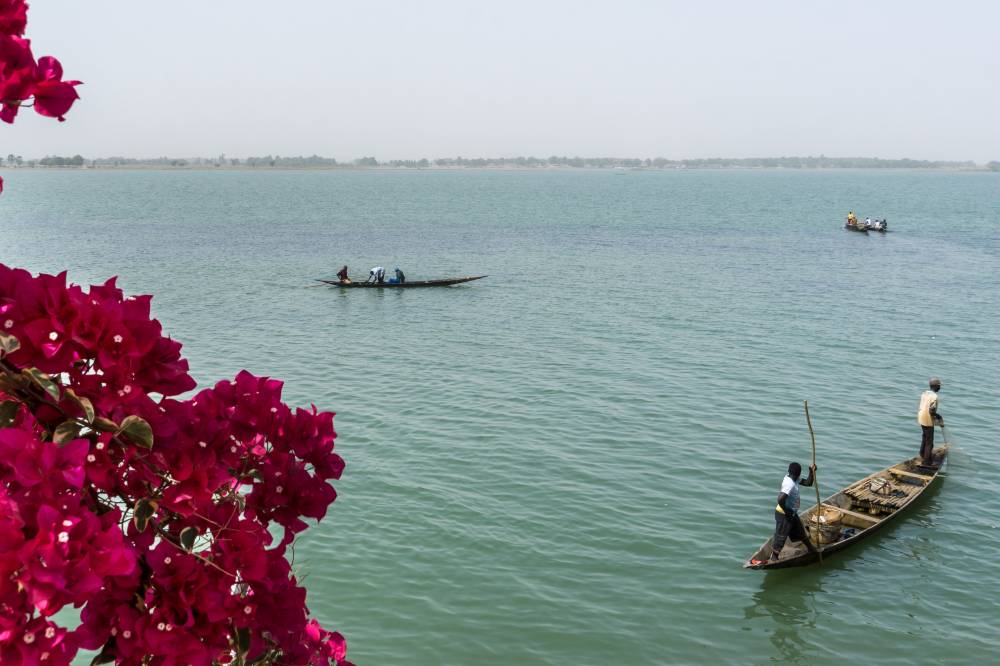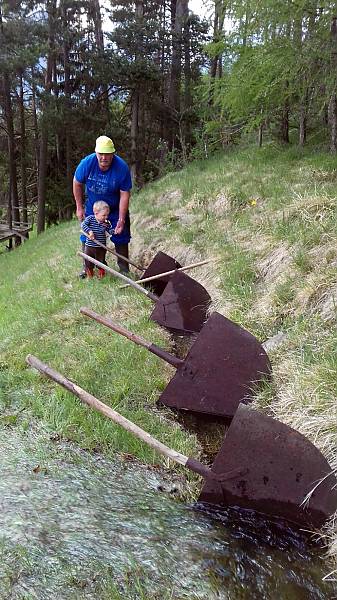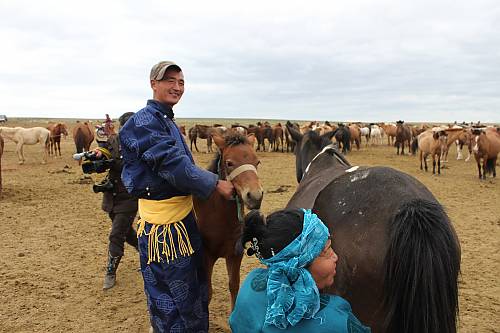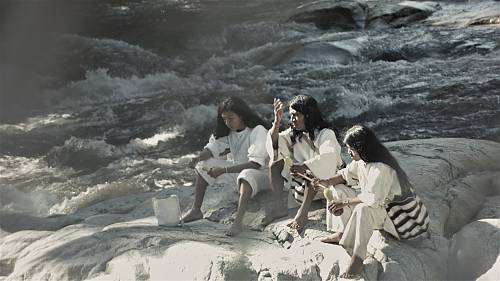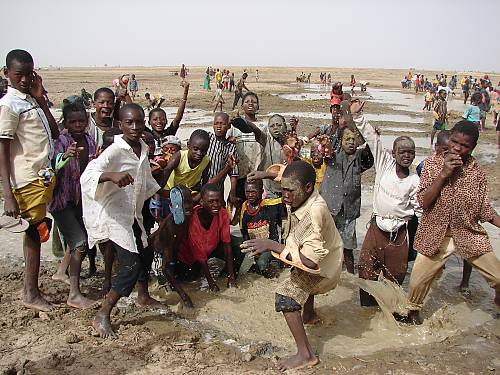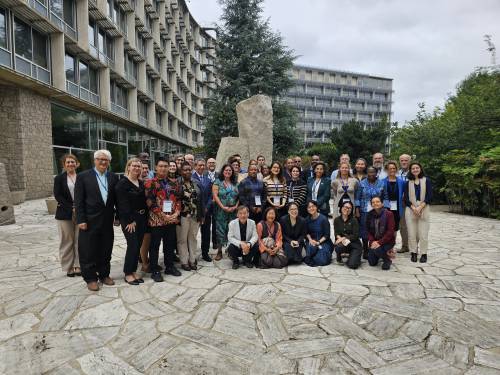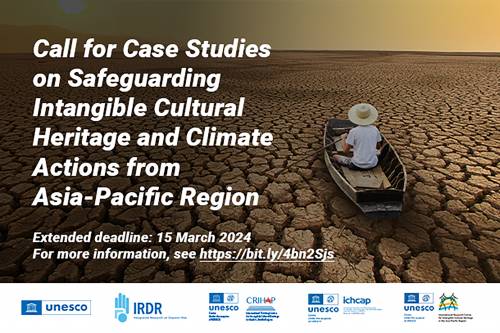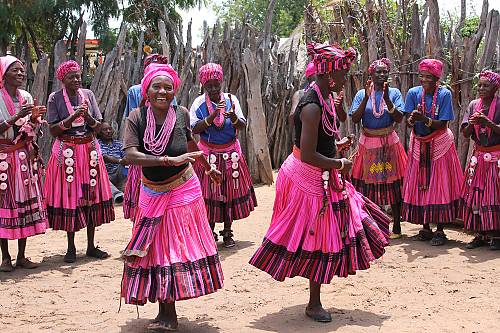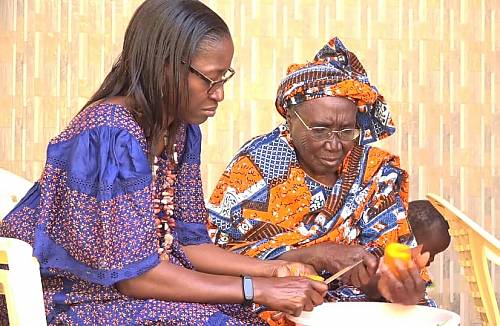Every 5 June marks the World Environment Day – a renewed opportunity to highlight the different ways in which living heritage contributes to environmental sustainability and the interdependence between the two.
This year’s theme emphasizes the critical need for global solidarity and innovative approaches to restore our lands, build resilience against drought, and halt the spread of desertification. Amidst these growing concerns, there is increasing recognition of the potential role of intangible cultural heritage in promoting sustainable and resilient ecosystems.
Developed over centuries, in close interaction with their natural environment, many communities around the globe have safeguarded and transmitted complex systems of knowledge and practice that are closely linked to the natural environment. They often contain detailed knowledge about local flora and fauna, traditional farming techniques, healing systems and seasonal rituals, that can inform approaches to environmental sustainability.
In Eastern Europe, for example, Traditional irrigation uses gravity and hand-made constructions such as channels and ditches to distribute water from naturally occurring catchment points like springs, streams and glaciers, to the fields.
In Algeria, water measurers from the communities of Touat and Tidikelt, are using specific knowledge and skills to create foggaras (system of channels), or water bailiffs, ensuring efficient water distribution in harsh climatic conditions. Their various operations range from calculating water shares to repairing distribution combs and conducting water through the channel.
The tradition of nomadic pastoral land use, caring for horses and making Airag in Khokuur (cowhide vessel) in Mongolia provides insights about practices related to preserving nature without harming the environment.
Such knowledge and practices are embodied within broader social, historical and cultural contexts, which underlie our identity and how we understand and relate to the world. The transmission of these knowledge and practices, be it through words, songs, dances, ceremonies and so on, also carry and engrain our values towards nature, often fostering notions of respect, custodianship, and connectivity towards the environment.
For instance, in the Sierra Nevada de Santa Marta, Colombia, four Indigenous Peoples - the Arhuaco, Kankuamo, Kogui and Wiwa - are transmitting their Ancestral System of Knowledge. By acquiring the necessary skills and sensitivity to communicate with the snow-capped peaks, connect with the rivers, and decipher the messages of nature, they live in harmony with both the physical and spiritual universe.
Among the intangible cultural heritage elements inscribed on the Lists, over 280 elements directly relate to knowledge and practices concerning nature and the universe, highlighting the intrinsic link between nature and culture.
The impact of climate change on cultural practices is vividly illustrated by the case of Sanké mon, a collective fishing rite of the Sanké in Mali. These practices, deeply rooted in community and tradition, face threats from the adverse effects of drought and desertification.
Although changing climatic conditions, notably poor rainfall, has threatened the continuation of the event since its inscription in 2009 on the Urgent Safeguarding List, recent efforts have revitalized its spirit recognizing the significance of the festival for the communities of San and the surrounding villages. Local institutions and stakeholders have implemented a pumping system to ensure the Sanké pond is replenished before the fishing events, thereby securing water resources for the continuation of this cultural practice.
